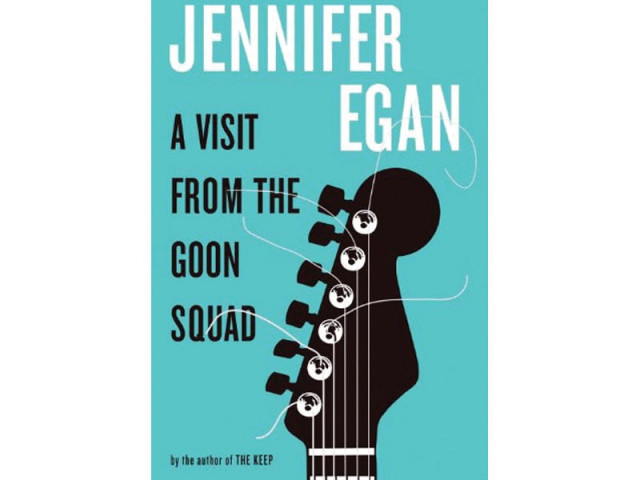Book review: A Visit from The Goon Squad - Pitch perfect
It’s excellently written, its characters are well-crafted.

Here’s why: simply put, it’s excellently written, its characters are well-crafted and the shift back and forth in time as the story progresses is effortless. It provides great insight into contemporary America, especially the music industry: It shifts between present day New York and 1970s San Francisco and a somewhat sci-fi future, and features characters that make cameos in the past but are only given their due profile in the future. And Egan manages this without the novel (or is it a collection of short stories?) ever appearing disjointed.
Then there’s the whole hullabaloo about the avant-garde nature of Goon Squad, in particular the chapter presented in a Power Point format that caused about a quarter of the gush-fest in reviews. It’s another irritant — the gushing, not the chapter — that should be ignored; it’s an innovative method to insert into fiction and is written in the future by a character’s teenage daughter.
Speaking of characters, there’s the story of the writer Jules Jones who is imprisoned for his attempted rape of famed actress Kitty Jackson during an interview. You’d think that the piece, written in first person narrative by Jones describing the event and what is essentially his unravelling, would be anything but funny. But it’s near laugh-out-loud hilarious, near because there’s a portion of your brain that’s resisting laughing about an act of sexual violence but you just can’t help it. (Incidentally, this chapter is one of the most quoted ones in print reviews of Goon Squad.)
The title “goon squad” has nothing to do with mobsters. A character in the book says “Time is a goon, right? You gonna let the goon push you around?” The squad, in a loose manner of speaking, is the group of people Egan so eloquently writes about. Her characters, who are pushed around by time, some of whom interconnect and share their miseries, and others whose lives we get a peek into. All of them are impacted by time — certainly those in the music industry who partied with the original rock stars in the 1970s and are now forced to seek talent amongst a pool of digitally-enhanced and soulless, but brilliantly marketed, performers.
It may appear that Egan is writing about a societal descent that is all too familiar, or is to be expected when dependency on technology reaches abnormal heights. We talk like we text, missing the dots on our i’s and what not — this is obvious but having said this, Egan’s writing reflects all the changes without reading like an anthropological discourse on how new media is destroying family time. A Visit from the Goon Squad is still about relationships and that is what engages us from the get go.
Published in The Express Tribune, Sunday Magazine, October 2nd, 2011.



















COMMENTS
Comments are moderated and generally will be posted if they are on-topic and not abusive.
For more information, please see our Comments FAQ